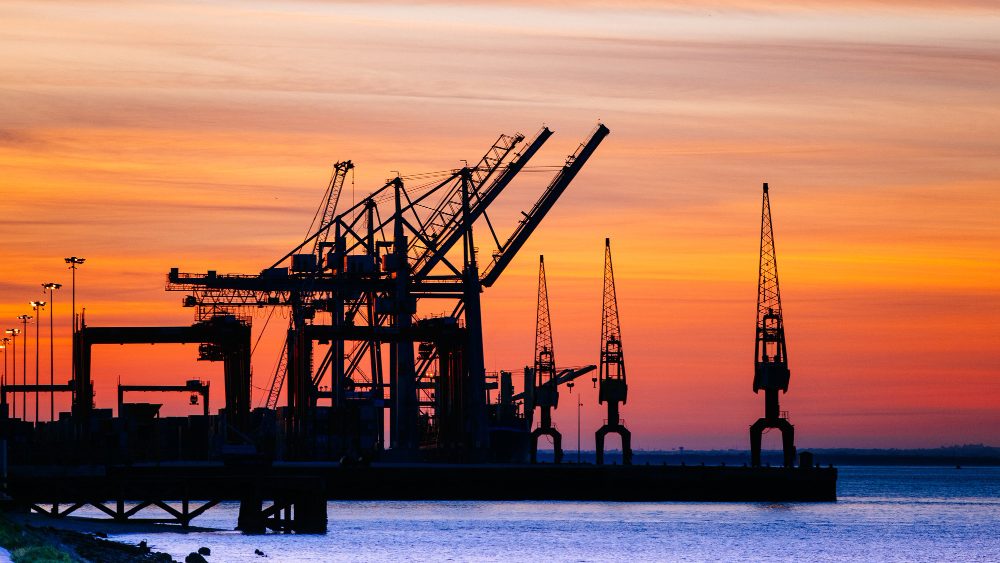SINGAPORE: The city-state is setting the stage for a transformative shift in its marine and offshore energy industry with the launch of an ambitious new plan aimed at ensuring sustainable growth and innovation through 2030. The plan, announced on Feb 10, seeks to reshape the sector, focusing on sustainability, workforce development, and digital transformation, ultimately positioning Singapore as a global leader in maritime sustainability.
A bold vision for sustainable growth and job creation
According to the latest Straits Times report, the newly launched initiative outlines a clear path for the marine and offshore energy industry to generate 1,000 new local jobs by 2030. These positions will support the sector’s growth, particularly in offshore renewables and maritime decarbonisation. In addition to job creation, the plan aims for significant environmental impact, targeting the avoidance of 250 kilotonnes of annual carbon emissions by 2030—equivalent to removing 39,000 cars from the road.
Simon Kuik, president of the Association of Singapore Marine and Offshore Energy Industries (ASMI), emphasized that this plan will stimulate local employment and make Singapore the Asia-Pacific hub for maritime sustainability.
Shaping a future-ready workforce
A core component of the plan is the focus on upskilling and reskilling, ensuring that the marine and offshore energy sector has a future-ready workforce capable of meeting the challenges of a rapidly evolving industry. ASMI has outlined a goal of achieving a 5% annual productivity growth through 2030, with particular attention to developing new competencies in offshore renewables, digitalisation, and advanced manufacturing. This workforce transformation will allow companies to better adapt to the shift toward greener energy and technologies.
Moreover, ASMI’s collaboration with Workforce Singapore has already begun nurturing a team of digitalisation and marine decarbonisation champions within companies. These individuals will play an essential role in guiding firms through their transformation processes, ensuring that they remain competitive in a global marketplace.
A global strategy for renewable energy and decarbonisation
The industry plan also highlights Singapore’s role in global renewable energy development. By 2030, the marine and offshore energy sector aims to secure new contracts that contribute to the global development of over 50 gigawatts of offshore renewable energy. To put that in perspective, one gigawatt can power approximately 1.4 million Singaporean households annually.
In addition, the plan focuses on advancing maritime decarbonisation, with the industry expected to support carbon-reduction solutions through new builds, retrofits, and upgrades to existing systems. These efforts align with the broader global push toward cleaner energy, positioning Singapore as a key player in driving the energy transition.
Expanding internationally with a strong local identity
As part of its global strategy, Singapore’s marine and offshore energy sector is encouraged to expand its reach beyond local borders. Companies are urged to take advantage of international opportunities in offshore wind development, leveraging partnerships with global organisations like the Global Wind Energy Council.
Dr. Tan See Leng, Singapore’s Minister for Manpower, highlighted the importance of scaling internationally while maintaining a strong “Made in Singapore” identity. He pointed to successful local companies like Seatrium and Mooreast as examples of firms that have successfully expanded globally. To support this internationalisation, ASMI is facilitating global trade show pavilions and business missions to key markets such as Japan, South Korea, and Europe.
Transformation at the core of the industry’s future
The overarching theme of the new plan is transformation—through sustainability, digitalisation, and workforce development. Manpower Minister Tan See Leng underscored the importance of adapting to new operating models in light of the ongoing energy transition, particularly as growth opportunities emerge in offshore wind and other renewable sectors.
ASMI’s president, Simon Kuik, echoed this sentiment, stating that Singapore’s marine and offshore energy sector is at a pivotal moment. The ability of local companies to innovate, adapt, and build new capabilities will be critical to staying competitive in the evolving global energy landscape.
With robust support from Enterprise Singapore and a comprehensive transformation strategy, Singapore is poised to strengthen its position as a global leader in marine and offshore energy, ensuring long-term sustainability and growth in the years to come.

